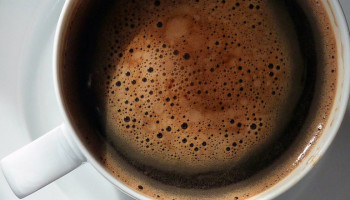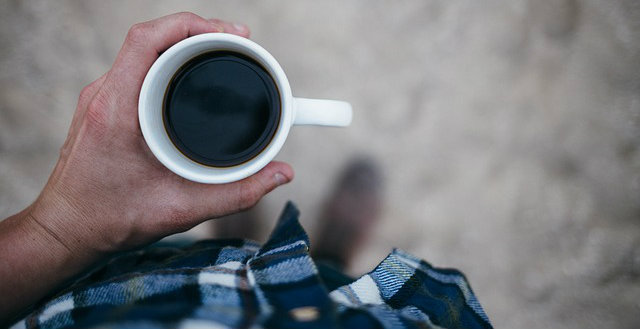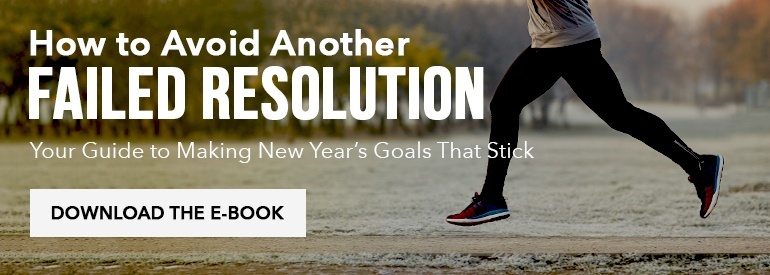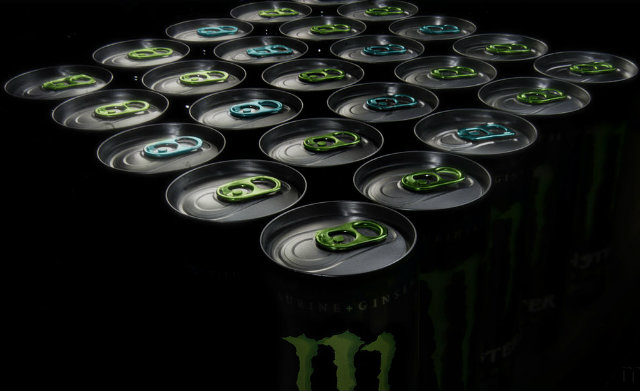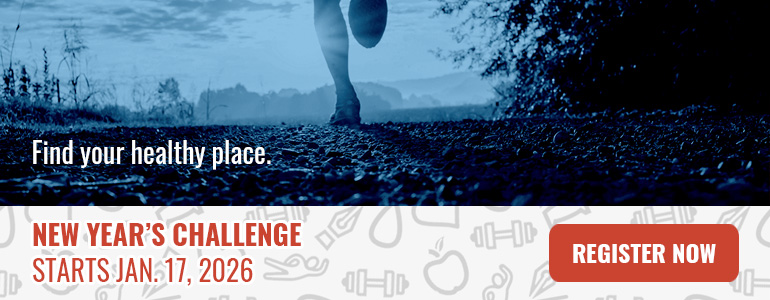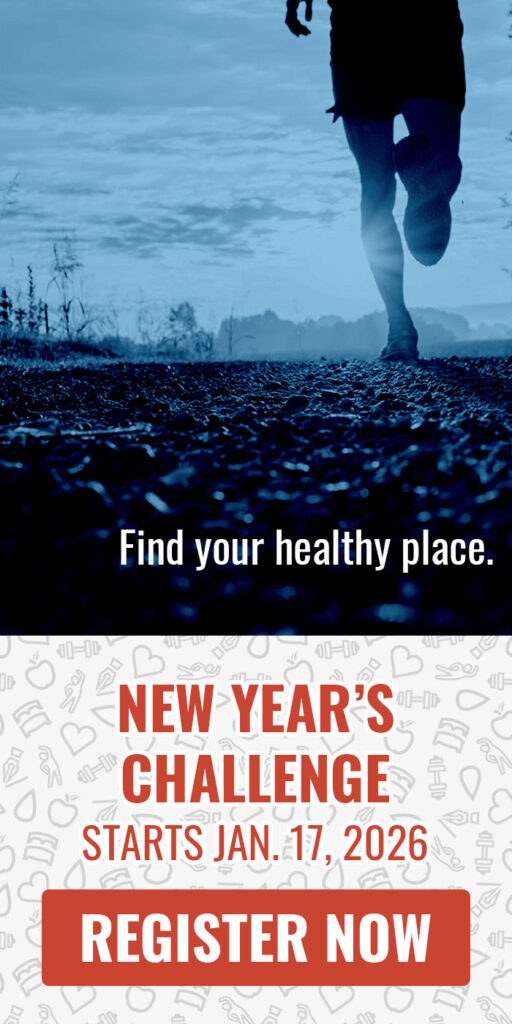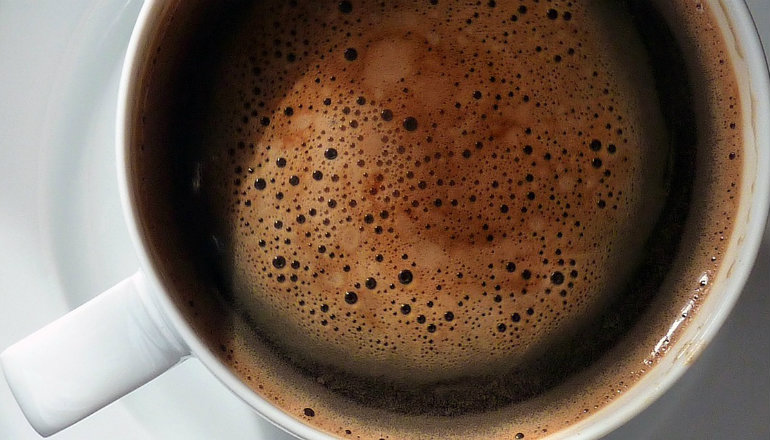 Reading Time: 8 minutes
Reading Time: 8 minutesHow many of you live for your coffee in the morning (or anytime of the day for that matter)? Any of you love the taste and the bubbles of an ice cold Coke? How about an energy drink or one of those little energy shots? How many of you couldn’t make it to lunchtime without your morning fix?
The reason I ask is because I was one of you. From the moment I could stand, there was a soda close by. My mother was one of those parents who rewarded us and showed her love, in part, by making sure we always had treats in the cupboard and cold soda in the fridge. I don’t think I had an ounce of water when I was in high school except for whatever I drank at football practice. Shameful, I know, but accurate.
As a result, caffeine has been one of those nearly impossible habits to kick. I don’t drink coffee, never have. Sodas of all kind and the tall energy drinks have been a vice for me. On average, I routinely put away two energy drinks early in the day and then drink nearly an entire two-liter of diet cola every night. Before I tell you the rest of my story, let’s look at what caffeine does for us, and more importantly, to us.
The Science Behind Caffeine
According to the Jrank Psychology Encyclopedia, caffeine is one of the most widely used stimulants and most widely consumed drugs in the United States. Belonging to a family of drugs called methylzanthines, caffeine works by disrupting the action of adenosine, a neurotransmitter. Adenosine, when it binds, tells the brain to slow down and the process of sleepiness begins. It’s also a vasodilator, which helps with blood flow while you sleep.
Chemically, caffeine binds to the exact same receptors as adenosine, and once the system is saturated with caffeine, the adenosine has trouble binding with its receptor because the caffeine has taken its place. Think of it as a completely one-sided game of musical chairs.
With the “sleepy brakes” off, the body’s natural stimulants like dopamine and glutamate get to cruise throughout the body without restriction. The caffeine itself is less responsible for the feeling of “energy” and more involved in handcuffing those chemicals that make you slow down and rest. If you do a little homework, you will also find that much of the effect caffeine has on the body and brain is not fully understood.
The typical cup of coffee has around 100-200 milligrams of caffeine. Most teas and sodas will have somewhere between 40-60 milligrams per serving. According to WebMD, most energy drinks fall into the range of 80-200 milligrams with the biggest amount actually coming from one of the small energy shot drinks, which has 242 milligrams.
So what does that mean? Well, for most of us, one is simply the beginning. Of you coffee drinkers out there, how many of you stop at only one cup? Many of you can measure your consumption by the pot, versus the cup. I know in my situation, I was taking in between 800-1000 milligrams a day — every day.
Reported Dangers of Caffeine
Caffeine Informer published a list of harmful side effects of caffeine that is backed up by individual research articles. Eighteen research articles, to be exact. The list includes:
- A Mayo Clinic partnered study that showed men who drank four eight-ounce cups of coffee had a 21% increase in all-cause mortality
- A study that showed caffeine consumption can cause high blood pressure, which is dangerous for those who already have an elevated blood pressure due to other factors
- Another that showed an increase in heart attacks among young adults
- Evidence that caffeine can cause gout attacks, indigestion, headaches, incontinence, anxiety, and reduced fertility
Now, I’m not trying to come off as some kind of goody-two-shoes with my anti-caffeine rant. In fact, I get why most of us choose it. In moderation, it can do its job and can be nearly harmless. But I was an addict for nearly forty years, and did you know, just like any other drug, once a tolerance has been established, it takes more and more consumption to receive any kind of high? Remember, this is an act of jockeying for receptor sites and a fight against the body’s normal wake-and-sleep processes. Sooner or later, something is going to have to give.
Hell on Earth: How I Quit Caffeine (Don’t Do This)
At the conclusion of 2015, I put together my plan of attack on how I was going to approach 2016. Call it resolutions, if you want, but I knew ’16 would be the year I took back my life completely. No more vices, no more excuses. I was going to get healthy. Among other things, I wanted to get away from all of the drinks. Let’s face it, caffeine should probably be the least of my concerns when it comes to the ingredients in carbonated beverages.
Knowing I was going to go cold turkey after the New Year, I decided to have a final blow out like any dedicated addict would. From Christmas to January 2, I gave myself permission to have as much as I wanted. On December 30, I began to experience discomfort in my chest. So much so that I began to really worry. But instead of doing the responsible thing and going to the emergency room, I decided it would be a better to excuse myself from my holiday celebrations and go to bed early.
Luckily, I woke the next day feeling “normal.” Not putting two and two together, I continued my caffeine binge for the next week. And, the chest pains continued. On the night of January 2, I had an epic blowout of carbonated gluttony in celebration of the UFC fights and knowing the next day I was going cold turkey.
Over the ten days that followed, I experienced health episodes I never want to experience again. If you have ever completely cut caffeine out of your diet, you know the first three days are the most unpleasant. For those of you who have never done it, think of the worst flu you’ve ever had. It’s just like that. Fog, lethargy, headaches, and an all-around feeling of blah you can’t shake.
If you look on the Internet, the common claim is the caffeine flu will pass after 72-hours and you will begin to feel better. But 240 hours later, the flu, fog, and perpetual cloud still had their grips on me. I was at my desk working on the computer — and then lights out. I fainted and woke up as my head was inches from smacking my desk. As the day went on, I began to feel worse and worse to the point I began to panic. I jumped into my car and raced to the urgent care. There, I had what can only be explained as a panic attack. The anxiety from the detox coupled with the natural fear of thinking something major was happening triggered the scariest couple hours of my life. After a battery of tests, the urgent care couldn’t identify any issue with my heart or my lungs.
I struggled to get home and felt like the only smart thing to do would be to bundle up and sleep. It took me over an hour to fall asleep. During that hour I experienced heart palpitations and issues with my breathing that furthered my anxiety. Fortunately, I fell asleep and slept hard for the afternoon.
Over the next week, things began to clear up. I increased my exercise daily, and that made a huge difference. All in all, from binge to detox, it took nearly a month for me to get my life back. It was such an awful experience that I can confidently say I will never let myself walk this road again. Meaning, I am off the caffeine for good because I am sure not repeating this journey.
Be Smarter Than Me: A More Intelligent Way to Quit Caffeine
Anytime you say the words “cold turkey,” you know you have some seriously unpleasant days ahead. In retrospect, the smartest thing I could have done would have been to follow a tapering back schedule. I was taking in such ludicrous amounts of caffeine per day for so long that my body had no chance but to protest on a cold turkey approach.
The thinking man’s/woman’s approach to caffeine detox:
- Cut back gradually. I was around 1000 milligrams a day for eons, so perhaps take 250 milligrams away a week for four weeks before hitting zero. Give your body time to acclimate to the change.
- Drink copious amounts of water to flush, flush, flush.
- Eat as clean as possible. Stress on the system is stress on the system. Your body and brain are rebooting and learning to live without something it’s had for years. Don’t stress it further by eating garbage.
- Exercise. For me, when my exercise ramped up, my exit was faster. But because you feel like crap, exercising is one of the last things you want to do. Fight the urge to be lazy and get moving.
- Sleep. Your body does all of its reboots and repair when you sleep. Make time to get more rest than you normally would. I would say about an hour each day above what you normally get.
Since my detox, many aspects of my life have improved. I’m sure many of you who exercise wouldn’t dream of heading to the gym without a jolt of caffeine. But now that my system is clear, I have energy to spare. I don’t need the boost. My workouts are among some of my best in memory and my ability to go-go-go is as good as it was when I was using drinks for assistance.
I know most of you love your rituals. The morning coffee brewing or your stop at the gas station each morning before heading into work is as much part of your day as hugging your kids. But if you are not feeling good, and you think you “need” caffeine to get through your day, you might be in a similar place as I was. I know the detox time can be rough, but I can assure you it’s worth it.
Monster photo by MrkJohn from Nottingham, England (Monster Troupe) [CC BY 2.0], via Wikimedia Commons.
